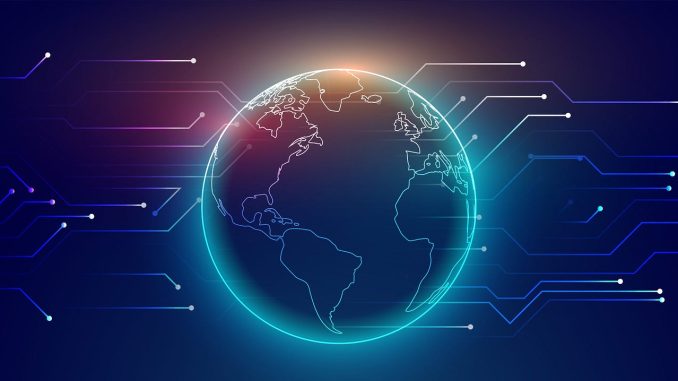
1. Artificial Intelligence and Machine Learning
AI and ML continue to be at the forefront of technological innovation. These technologies are becoming more integrated into everyday applications, from personalized recommendations on streaming services to advanced analytics in business operations. AI’s ability to process and analyze vast amounts of data is unlocking new possibilities in fields such as medical diagnosis, autonomous driving, and natural language processing. As these technologies evolve, they promise to enhance efficiency, accuracy, and decision-making across multiple sectors.
2. 5G Connectivity
The rollout of 5G networks is set to transform communication by providing faster, more reliable internet connections. This next-generation wireless technology will enable new applications in IoT (Internet of Things), smart cities, and augmented reality (AR). With significantly reduced latency and higher data transfer speeds, 5G will support more connected devices and facilitate real-time data sharing, enhancing everything from remote healthcare to industrial automation.
3. Blockchain and Decentralized Finance (DeFi)
Blockchain technology, best known for powering cryptocurrencies like Bitcoin, is finding applications beyond digital currencies. Its secure, transparent, and decentralized nature is being leveraged in supply chain management, voting systems, and digital identity verification. Additionally, DeFi is revolutionizing the financial sector by offering decentralized financial services such as lending, borrowing, and trading without traditional intermediaries, democratizing access to financial resources.
4. Quantum Computing
Quantum computing promises to solve complex problems that are currently beyond the capabilities of classical computers. By leveraging the principles of quantum mechanics, these computers can perform calculations at unprecedented speeds. Potential applications include cryptography, material science, and drug discovery. While still in the early stages of development, breakthroughs in quantum computing could lead to transformative changes in technology and industry.
5. Biotechnology and Genomics
Advances in biotechnology and genomics are paving the way for personalized medicine and targeted therapies. Technologies such as CRISPR-Cas9 are enabling precise gene editing, offering potential cures for genetic disorders and advancing cancer treatment. The integration of AI in genomics is accelerating the identification of genetic markers and the development of new drugs, promising a future of more effective and individualized healthcare.
6. Sustainable Technologies
As the world grapples with climate change, sustainable technologies are gaining momentum. Innovations in renewable energy sources, such as solar and wind power, are becoming more efficient and cost-effective. Additionally, advancements in energy storage, electric vehicles, and smart grid technology are contributing to a more sustainable and resilient energy infrastructure. These technologies are crucial for reducing carbon emissions and mitigating the impacts of global warming.
7. Extended Reality (XR)
Extended reality, encompassing virtual reality (VR), augmented reality (AR), and mixed reality (MR), is transforming the way we interact with digital content. These immersive technologies are being used in various fields, from entertainment and gaming to education and training. XR is enabling new forms of storytelling, remote collaboration, and experiential learning, offering users interactive and engaging experiences.
8. Edge Computing
As the volume of data generated by IoT devices continues to grow, edge computing is becoming increasingly important. This technology processes data closer to its source, reducing latency and bandwidth usage. Edge computing is crucial for applications requiring real-time data processing, such as autonomous vehicles, industrial automation, and smart cities. By decentralizing data processing, it enhances speed, security, and scalability.
9. Robotics and Automation
Robotics and automation are revolutionizing manufacturing, logistics, and various service industries. Advances in robotics are leading to more sophisticated, adaptable, and collaborative robots, capable of performing complex tasks alongside human workers. Automation technologies are improving efficiency, reducing costs, and enabling the creation of smart factories and warehouses.
10. Human Augmentation
Human augmentation involves enhancing human capabilities through technology. This can range from wearable devices that monitor health to advanced prosthetics and brain-computer interfaces (BCIs). These technologies aim to improve quality of life, augment physical and cognitive abilities, and even merge human biology with digital technology. Innovations in this field hold the potential to redefine what it means to be human.
Conclusion
The technological trends highlighted above are poised to bring about profound changes across various domains. As these innovations continue to evolve, they will create new opportunities and challenges, transforming our world in ways we can only begin to imagine. Staying informed and adaptable will be key to navigating and thriving in this rapidly changing technological landscape.